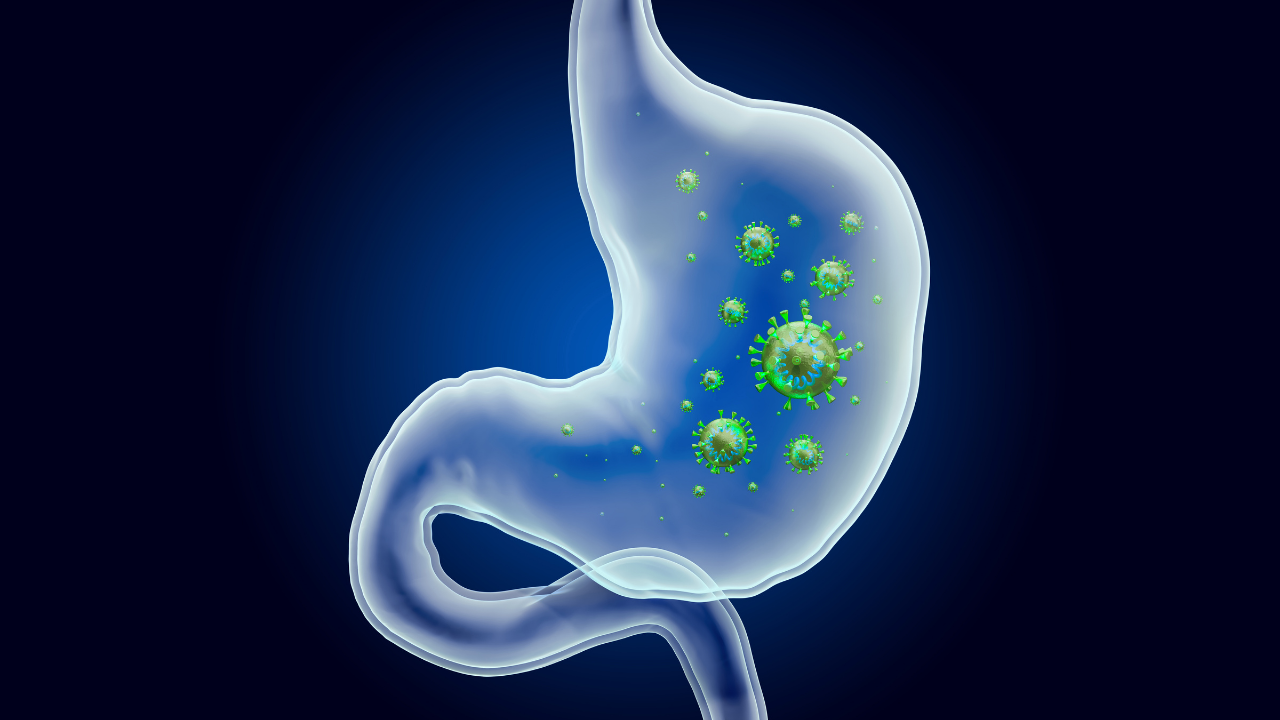
Foods and Drinks That Trigger Gastritis
Light House Denver – Gastritis is an inflammation of the stomach lining that can cause pain, heartburn, and a burning sensation in the abdomen. People with gastritis often experience acid reflux, a condition where stomach acid flows back into the esophagus. Certain types of foods and beverages can worsen this condition. Therefore, it is essential for individuals with gastritis to be more selective in their dietary choices to prevent the symptoms from becoming more severe.
Certain foods can either increase the production of stomach acid or relax the lower esophageal sphincter (LES), the muscular valve between the stomach and esophagus. When the LES weakens, stomach acid can rise back up into the esophagus, leading to discomfort and irritation.
“Continue Reading: Shaping a Visionary Child, How to Do It?”
Below are some foods and drinks that should be avoided by those suffering from gastritis:
Fatty foods tend to slow down the digestive process and increase pressure within the stomach. This can raise the risk of acid reflux. Not only fried foods, but also nutritious high-fat items like avocados, cheese, and nuts can potentially trigger gastritis symptoms.
According to Healthline, high-fat foods can cause the LES to relax, allowing acid to flow back into the esophagus and cause heartburn.
Spicy foods contain a compound called capsaicin, which can slow down the digestive process. The longer food stays in the stomach, the more likely it is to cause irritation. Capsaicin may also worsen existing inflammation in the esophagus and increase the burning sensation caused by acid reflux.
Though delicious, chocolate is a well-known trigger for gastritis. It contains fat, caffeine, serotonin, and theobromine—all of which can contribute to the relaxation of the LES. This allows stomach acid to travel upward into the esophagus, leading to a burning or painful sensation.
Coffee is high in caffeine, which can stimulate the production of stomach acid. Additionally, caffeine can weaken the LES, making it easier for acid to reflux into the esophagus. This makes coffee particularly risky for those with gastritis, especially when consumed on an empty stomach or in large quantities.
Carbonated beverages like soda produce gas that can increase pressure in the stomach, pushing acid up into the esophagus. Studies have shown that individuals who regularly consume soda have a 69% higher risk of developing gastritis.
Alcoholic drinks, especially beer and wine, also contribute to the weakening of the LES. Over time, frequent alcohol consumption can damage the protective lining of the esophagus, making it more sensitive to stomach acid and more prone to inflammation.
“Read More: Can Dark Mode Save Your Phone’s Battery? Here’s the Truth”